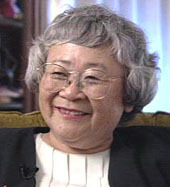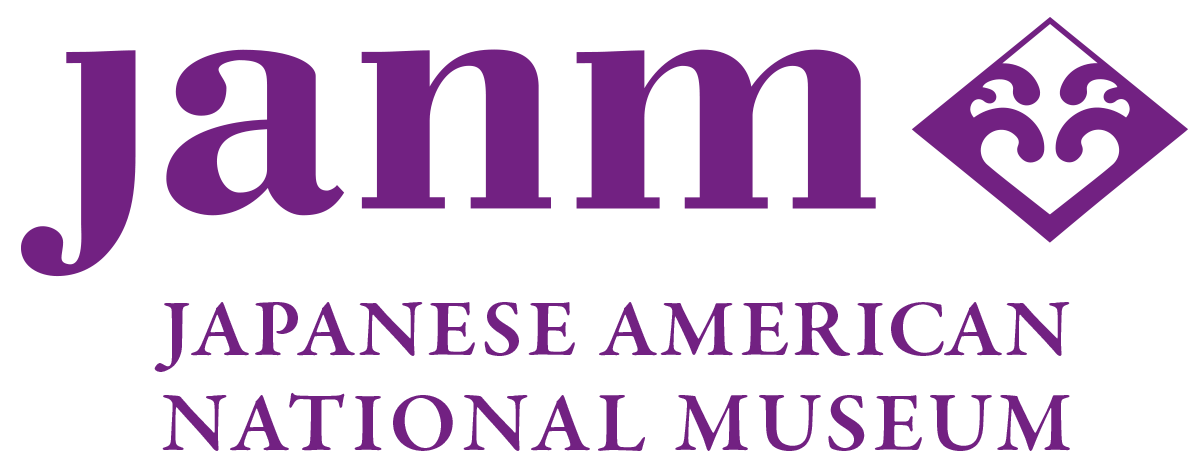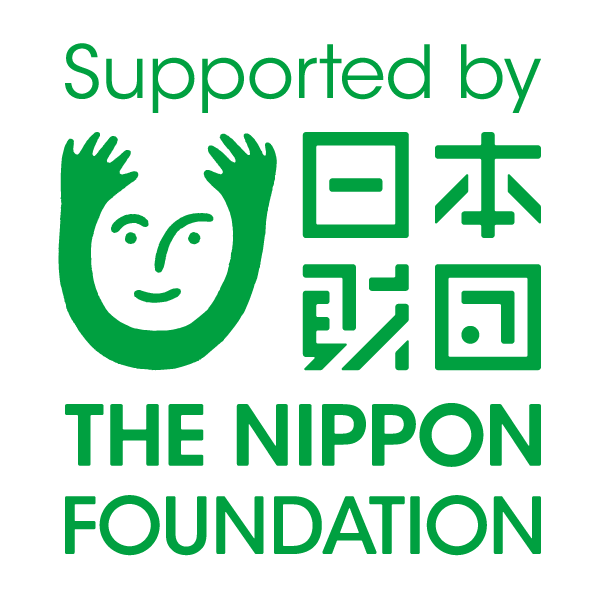
|
||
 Enlarge
Enlarge
|
Licensing | |
To view video, Click Here. Akiko K. recalls the destructive impact of camp life at Minidoka on her family.
"The thing I felt most was the lack of privacy, and that there wasn't anyplace you could just go and sit down and reflect. It was just like, hey, everybody's around, and it's just -- was no privacy. And also the warm interaction with the family was missing, because we used to spend so much time together talking, and joking, and singing and all that. You don't have that kind of opportunity in a barrack with six cots lined up and your meals are at a mess hall. You know the mealtime used to be a happy time, where we discussed things and had fun, and share things. And so, it was just a lack of that kind of comfort. My parents never complained, but we also never got together like that anymore. We didn't sit down and share food together; we didn't sit down and eat together. And we're all going in and out of the barracks at different times. And so there was a lack of that kind of... lack of communication as well."
Akiko K. Interview - Copyright © 1997 Densho. All Rights Reserved.
Akiko was a nisei female who was born in 1925 in Seattle, Washington. She was incarcerated at the Puyallup Assembly Center, Washington, and Minidoka incarceration camp, Idaho. She was a longtime civil rights activist, educator, and pacifist. She died in 1998.
Courtesy of Densho: The Japanese American Legacy Project
 densho
—
Atualizado em Out 29 2019 3:13 p.m.
densho
—
Atualizado em Out 29 2019 3:13 p.m.
Part of these albums

|
Voices from the Camps densho
densho
|

|

 Voices from the Camps
Voices from the Camps
 Journal feed
Journal feed
